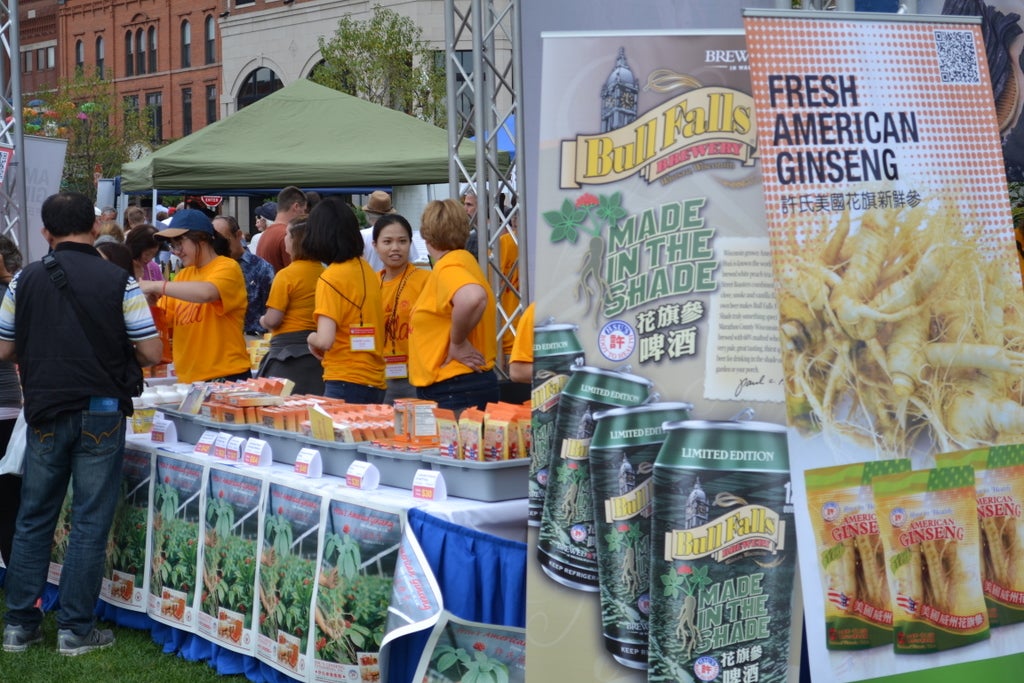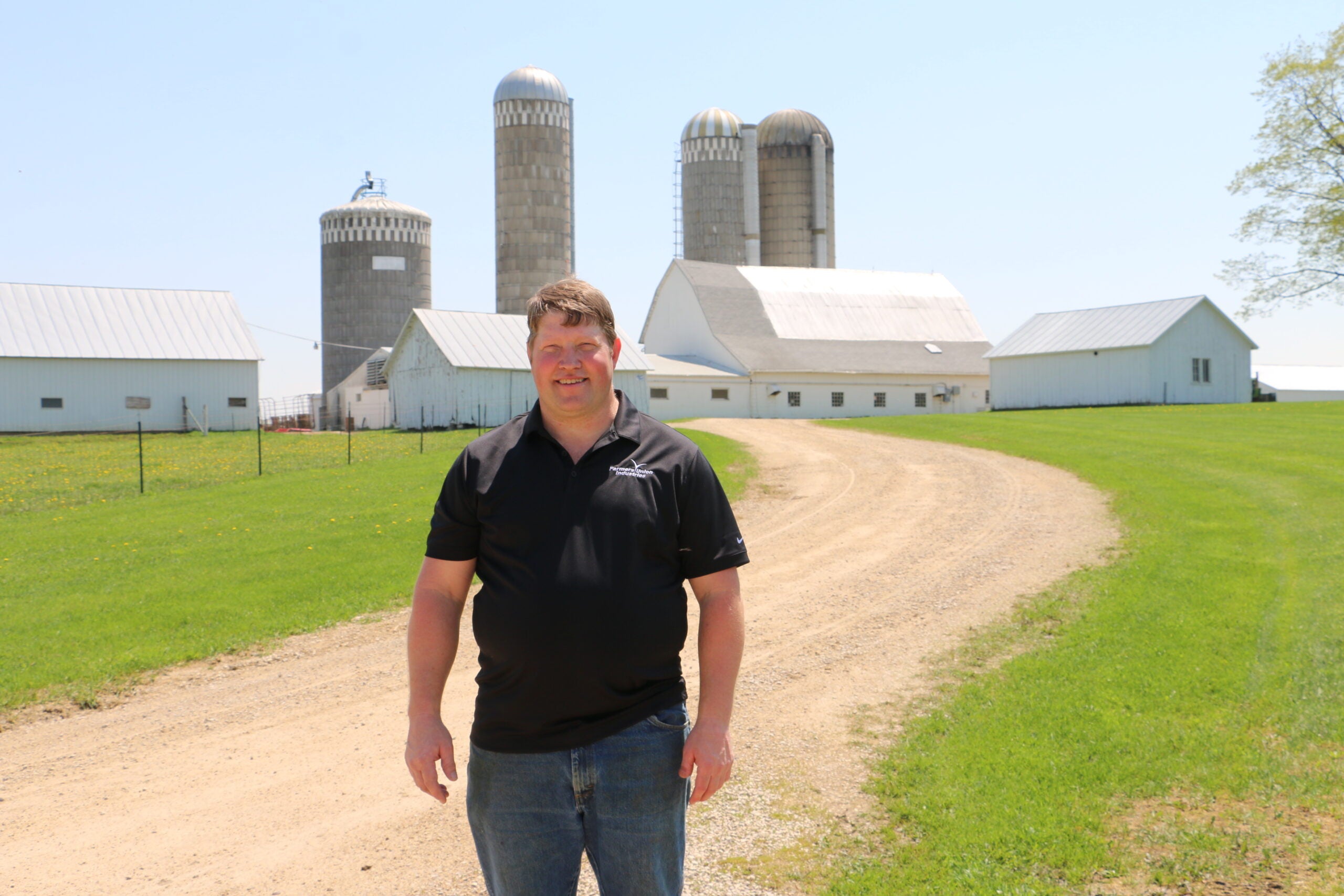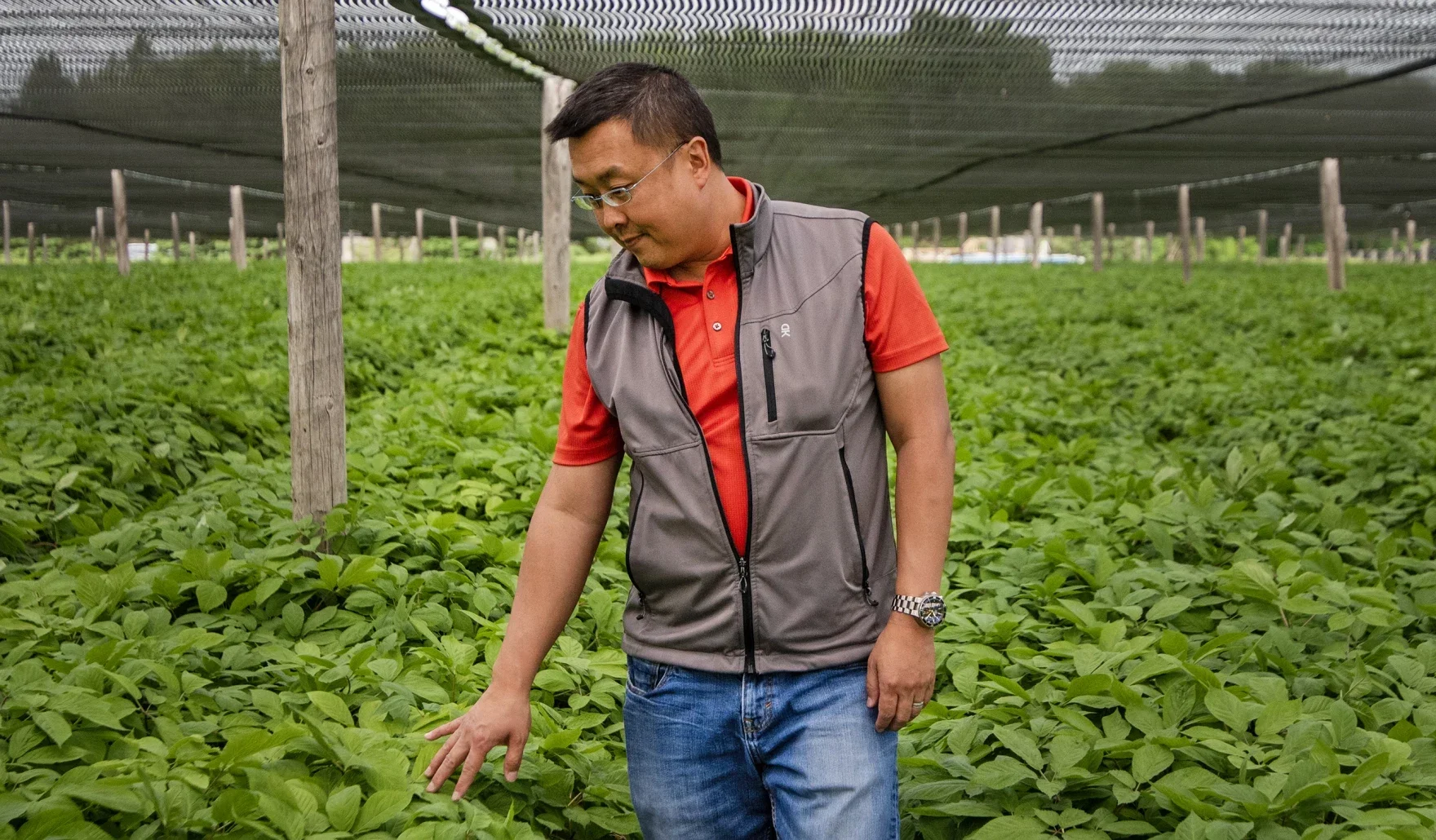One of the new Chinese tariffs on American agricultural products will hit one region in Wisconsin particularly hard.
The 15 percent tariff on ginseng produced in the United States is a particular blow to central Wisconsin, which grows about 90 percent of the U.S. crop of the medicinal herb.
Eighty-five percent of that crop is exported to China, representing more than $30 million in sales to the state’s growers, according to the Ginseng Board of Wisconsin.
News with a little more humanity
WPR’s “Wisconsin Today” newsletter keeps you connected to the state you love without feeling overwhelmed. No paywall. No agenda. No corporate filter.
Will Hsu, vice president of Hsu’s Ginseng Enterprises, a Wausau-based company that is one of the largest growers and distributors in the U.S., said the tariff is cause for concern.
“The Chinese market has been the most important market for this product for over 100 years,” Hsu said. “That should be concerning to anyone who farms this product when we are dependent on export markets and consumers abroad purchasing this product.”
The American variety of ginseng is highly prized in China, and Wisconsin ginseng is considered the highest-quality American ginseng in the world, according to the Ginseng Board of Wisconsin.
A central Wisconsin family, the Fromm Brothers, figured out how to grow the notoriously finicky wild American plant under canopies in the early 1900s.
Each fall, ginseng traders from China fly to Marathon County to make their purchases. The county produces about 95 percent of Wisconsin’s annual crop.
Hsu said the tariff is a bull’s eye aimed right at central Wisconsin.
“It is a bull’s eye no different than how other countries have targeted French wine in the past when they’ve had trade issues come up with France or Italy. This industry is built around exports,” he said.
Hsu said the tariff could hurt growers who are already losing market share to Canada and China, which have become rival producers of the American variety of ginseng.
“I think the global competitive threat was already there because you have farmers that are growing American ginseng in China and you have them also growing in Canada, and so we already compete with growers there. This makes it harder for us to compete in one of our major export markets,” Hsu said.
He predicted that some of central Wisconsin’s smaller ginseng farms would struggle to break even under the tariff.
“The corporate farmers, the larger farmers, they can probably weather it a little easier. I think it’s going to be really hard on the smaller family farms,” Hsu said.
Wausau drew hundreds of tourists from around the world to its first International Ginseng Festival last September. Many of them were from China.
In a news release last week, before the tariff was implemented, the Ginseng Board of Wisconsin said, “this duty could be detrimental to our industry as many Chinese distributors have expressed concern that they may have to shift purchases to Canadian ginseng.”
China levied the tariff in retaliation for President Donald Trump’s tariffs on Chinese steel and aluminum.
Wisconsin Public Radio, © Copyright 2025, Board of Regents of the University of Wisconsin System and Wisconsin Educational Communications Board.





